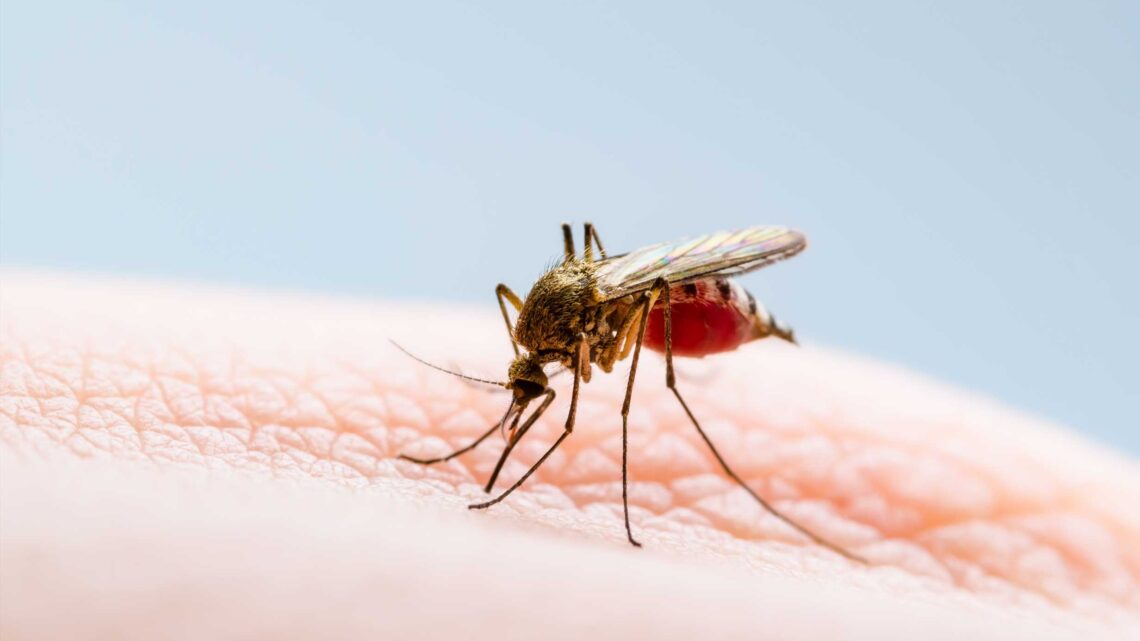
Holidaymakers at risk after killer dengue fever is detected at tourist hotspot – 14 signs you must know | The Sun
08/28/2023HOLIDAYMAKERS heading across the channel this summer have been warned of an outbreak of killer bug.
Four cases of Dengue fever have been detected in Italy in August.
Three of the infections were from the northern region of Lombardy and one from the central region of Lazio, according to a disease threat report by the European Centre for Disease Control (EDCD).
All cases are believed to have been locally transmitted (autochthonous), meaning the disease was picked up in Italy and not abroad.
Health authorities are now racing to contain the spread of the disease by identifying and contacting any other people who may have experienced symptoms of the illness.
Autochthonous dengue cases were reported in Italy for the first time in 2020 near Venice.
Read more on Dengue
Warning to holidaymakers after cases of killer dengue fever found in France
Brit tourist caught deadly dengue fever in top European hotspot
"Further cases connected to this transmission event or autochthonous secondary transmission from
imported cases of dengue in other areas cannot be exclude," the ECDC explained.
Dengue is spread by mosquitoes and in most cases, isn't serious, the NHS says.
It's very common in certain parts of the world, such as Africa, Asia, Central and South America and the Caribbean.
However, more recently, the bug has cropped up in Croatia, France, Italy, Spain, Portugal and Madeira.
Most read in Health
I was fit & healthy at 39 – it's thanks to Dame Debs my son has his mum
NHS hospitals 'erasing women' after signing up to be graded by trans charities
The 'healthy' foods that could actually put you at risk of silent killers
I'm UK's heaviest man at 47st – I've got one last chance to lose weight & live
A 44-year-old British woman made headlines in April after she was infected with the virus on a family trip close to Nice in September.
She went to A&E in the UK having suffered with a three-day fever, pains and a rash, but later made a full recovery.
Europe's climate has historically not been hospitable to dengue-carrying mosquitoes, however, Dr Owain Donnelly, from London’s Hospital for Tropical Diseases, said the spread of the illness is “rapidly changing”.
“Hotter temperatures and more rainfall, and increasing global trade and tourism, mean we may see more parts of Europe with the right combination of factors for dengue outbreaks," he explained previously.
A report published in June revealed disease-ridden mosquitoes – carrying several diseases including dengue – were found in 26 European countries.
Other diseases on the watch list include Rift Valley fever, chikungunya, West Nile disease, yellow fever and Zika.
There is currently no vaccine available against dengue fever in the UK.
To prevent dengue fever, you need to reduce the risk of being bitten by a mosquito by covering exposed skin, using bug repellent and sleeping under a net.
The 14 symptoms of dengue fever
People who get bitten by a dengue-carrying mosquito won't always get symptoms.
If they do, these will usually start between four and 10 days after getting stung by an infected pest.
The symptoms are similar to the flu and include:
- a high temperature
- a severe headache
- pain behind your eyes
- muscle and joint pain
- feeling or being sick
- swollen glands
- a blotchy rash made up of flat or slightly raised spots – this can affect large areas of your body
- severe tummy pain
- repeatedly being sick
- fast breathing
- bleeding gums or nose
- extreme tiredness (fatigue)
- being unable to relax (restlessness)
- blood in your vomit or poo
Read More on The Sun
Fast food chain you’ve never heard of that’s ‘better than KFC’ – prices start at 30p
Popular crisps recalled over fears they could trigger deadly allergic reactions
You should urgently see your doctor or call NHS 111 if you feel unwell after visiting a country where dengue is found.
You should call 999 or go to your nearest A&E if you have symptoms of severe dengue.
Source: Read Full Article










